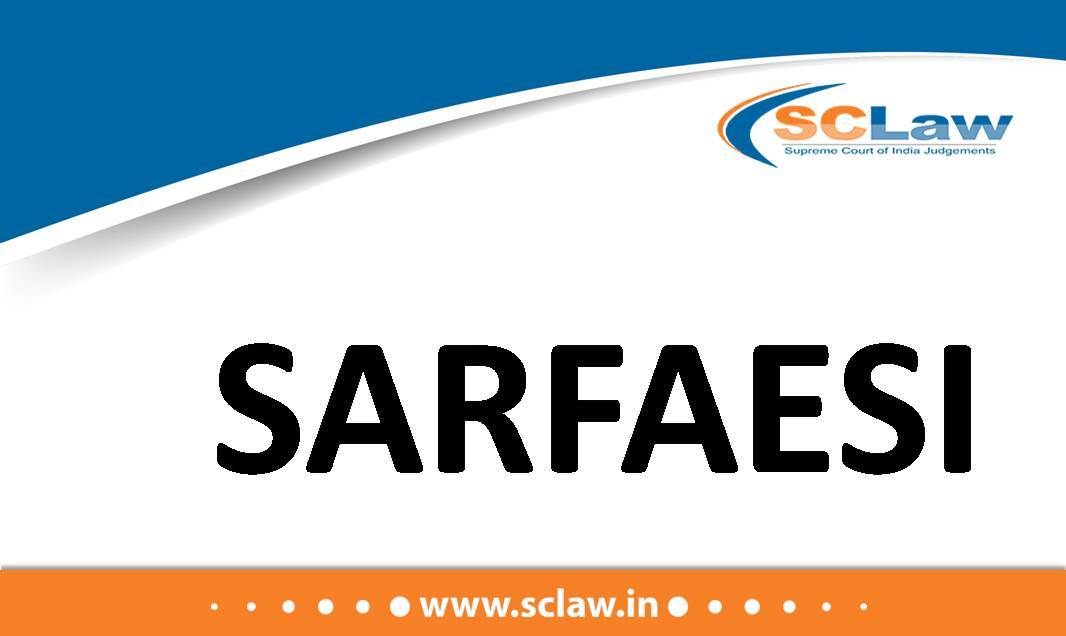Service Law – Dismissal – CISF Constable – Gross negligence and dereliction of duty – – Desirability of continuing the constable in the Armed Forces is certainly questionable and the Disciplinary Authority could not be expected to wear blinkers in respect of his past conduct while imposing the penalty of dismissal from service on him
SUPREME COURT OF INDIA DIVISION BENCH UNION OF INDIA AND OTHERS @PPELLANT Vs. SUBRATA NATH — Respondent ( Before : Dr. Dhananjaya Y. Chandrachud, CJI. and Hima Kohli, JJ. )…








